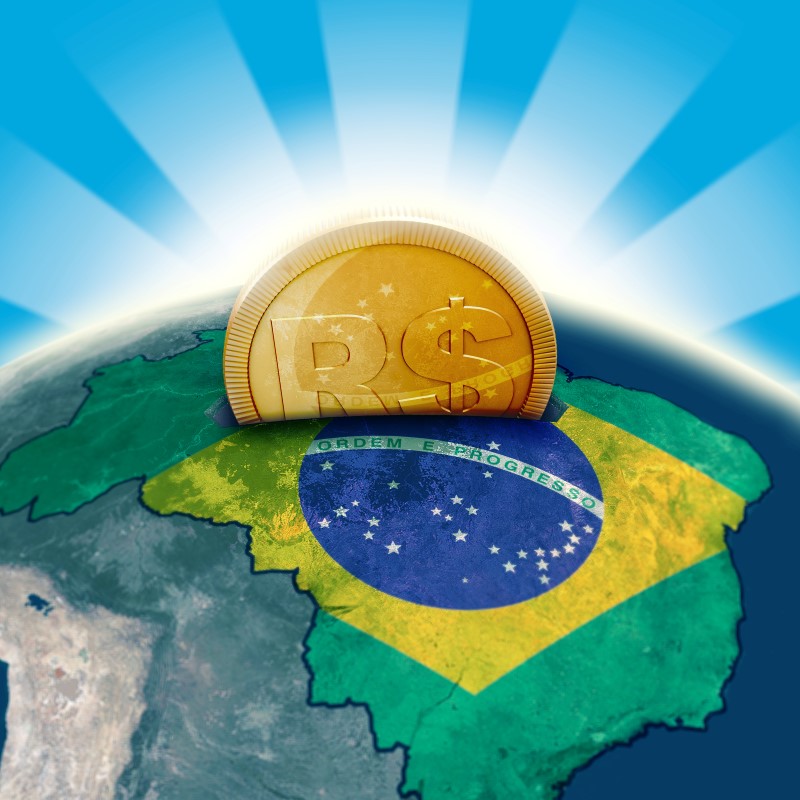RIO DE JANEIRO, BRAZIL – The crisis triggered by the novel coronavirus pandemic (Covid-19) has led to a reduction in foreign direct investment in Brazil’s productive sector. However, portfolio investments in stocks, bonds and investment funds seem to be reacting, according to Central Bank (BC) data released yesterday, November 25th.

Net capital investments in the country (IDP), which are aimed at the economy’s productive sector, totaled US$1.793 (R$9.5) billion last month, compared to US$8.221 billion in October 2019.
Between January and October, IDP totaled US$31.914 billion, compared to US$57.615 billion in the ten months of 2019, a 44.6% drop.
In the 12 month period ended in October 2020, the IDP totaled US$ 43.5 billion, representing 2.94% of GDP, compared to US$49.9 billion (3.29% of GDP) in the 12 months to September this year.
According to the head of the Central Bank’s Statistics Department Fernando Rocha, uncertainties over the length of the crisis triggered by the novel coronavirus have led foreign investors to defer their investment plans in Brazil. “This deferral is a wait for less uncertainty about whether there will be a second wave, whether infections will decline, when there will be a vaccine with effective immunization,” said Rocha.
Through November 20th, the IDP for the month totaled US$558 million and the Central Bank expects it to close the month at US$1 billion. “The profits [from foreign investments] are increasing compared to the lower values recorded a few months ago, but they are still not at the same levels as last year. This increase in return on investment may be an indicator [of a rebound], but in the data up to October and the partial November figures we see more stability than improvement,” Rocha explained.
In October, portfolio investments in the domestic market totaled net inflows (discounting outflows) of US$5.47 billion, of which US$2.67 billion in debt securities and US$2.80 billion in shares and investment funds.
In the ten months of 2020, there were net outflows of US$21.60 billion, against an also negative result of US$872 million in the same period last year.
By November 20th, the partial result points to a total net inflow of US$6.134 billion.
According to Rocha, portfolio investments in stocks, funds and securities reacted faster to the crisis triggered by the pandemic, with outflows of resources from the country since February. “This is expected, portfolio investments react faster. Between February and May, we had outflows every month. This outflow totaled US$35 billion, but was concentrated in March, when there was a US$22 billion outflow. The period between March and April was the most difficult in the pandemic both in Brazil and abroad, with great uncertainty about the pace of infection, the mortality rate and the shutdown of productive and commercial activities because of social isolation. After that, economic activity began to gradually restart. Between June and October, and also in November if the partial figures are confirmed, they are six months of inflows [of these investments],” Rocha said.
Rocha added that foreigners are beginning to invest again in the Brazilian market. “Foreign investors are rebuilding their investments in the country, but this rebuilding is still partial.”

